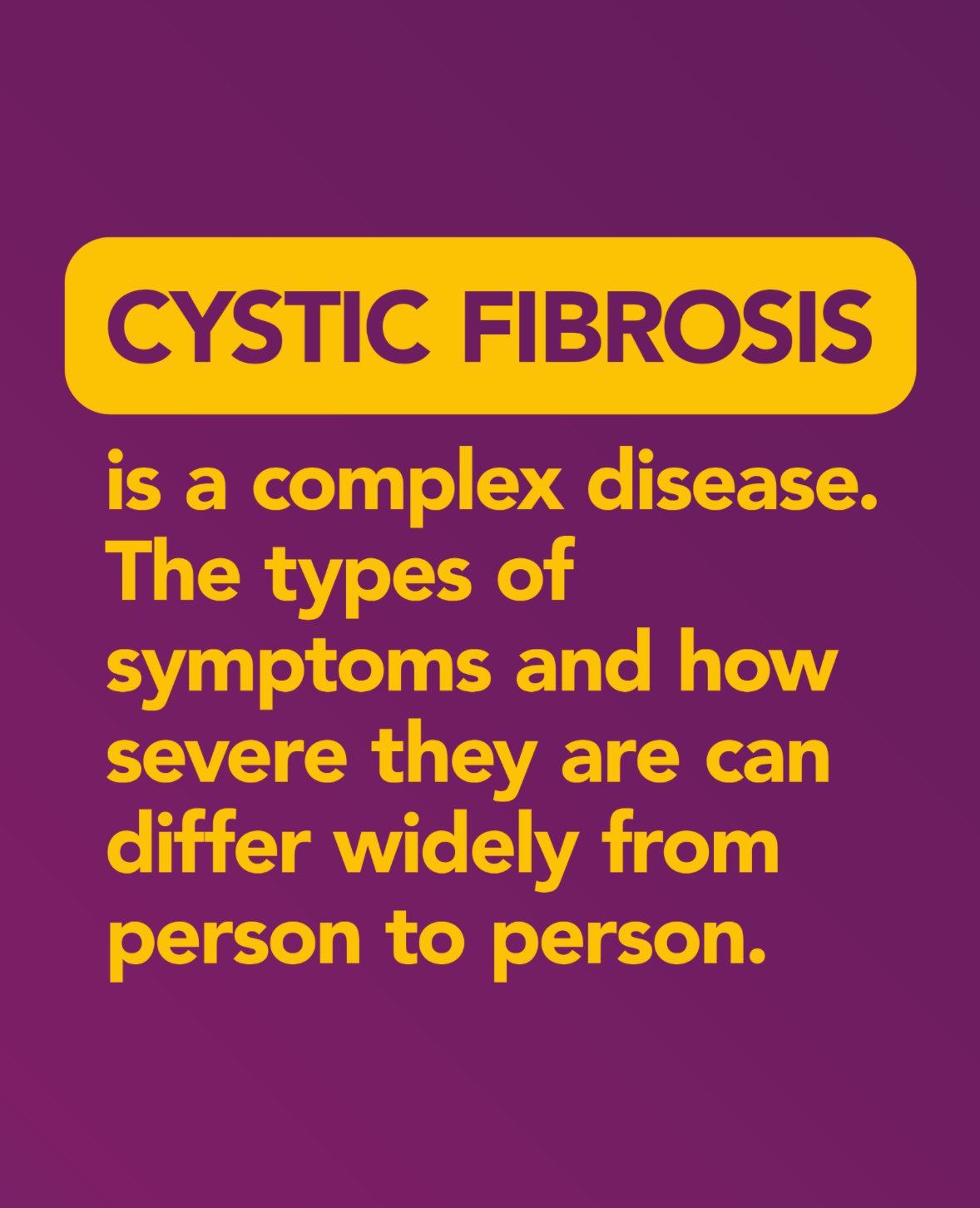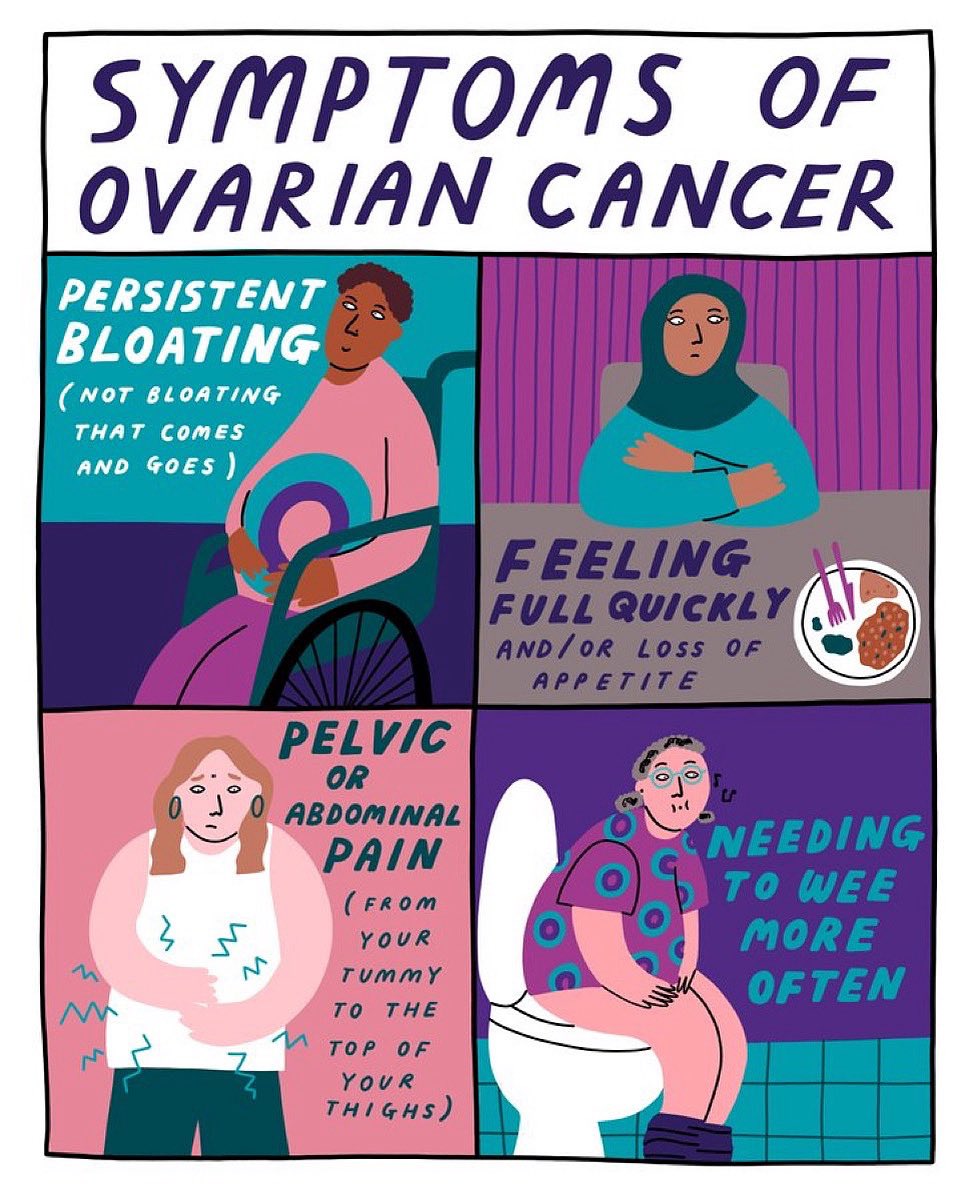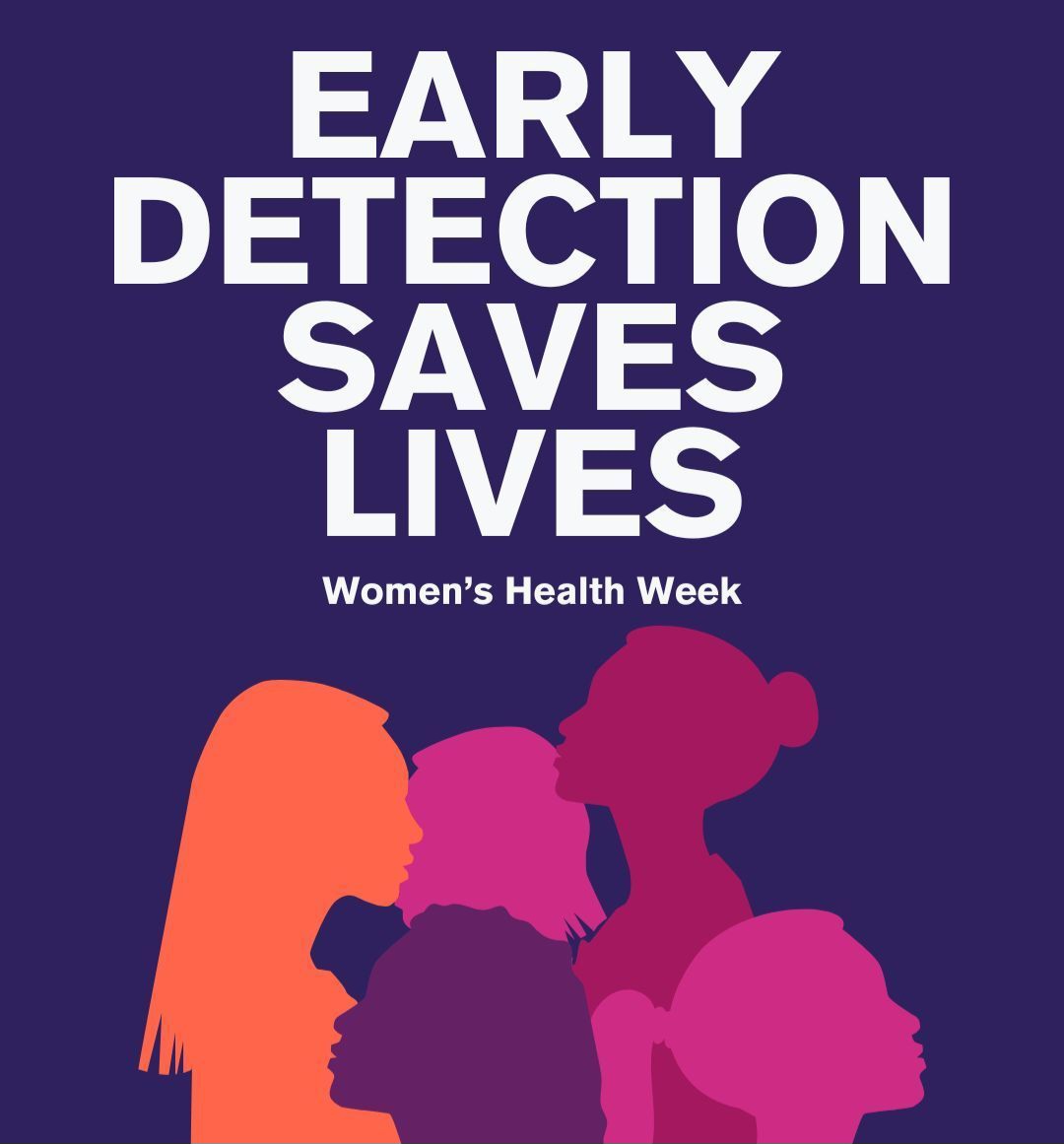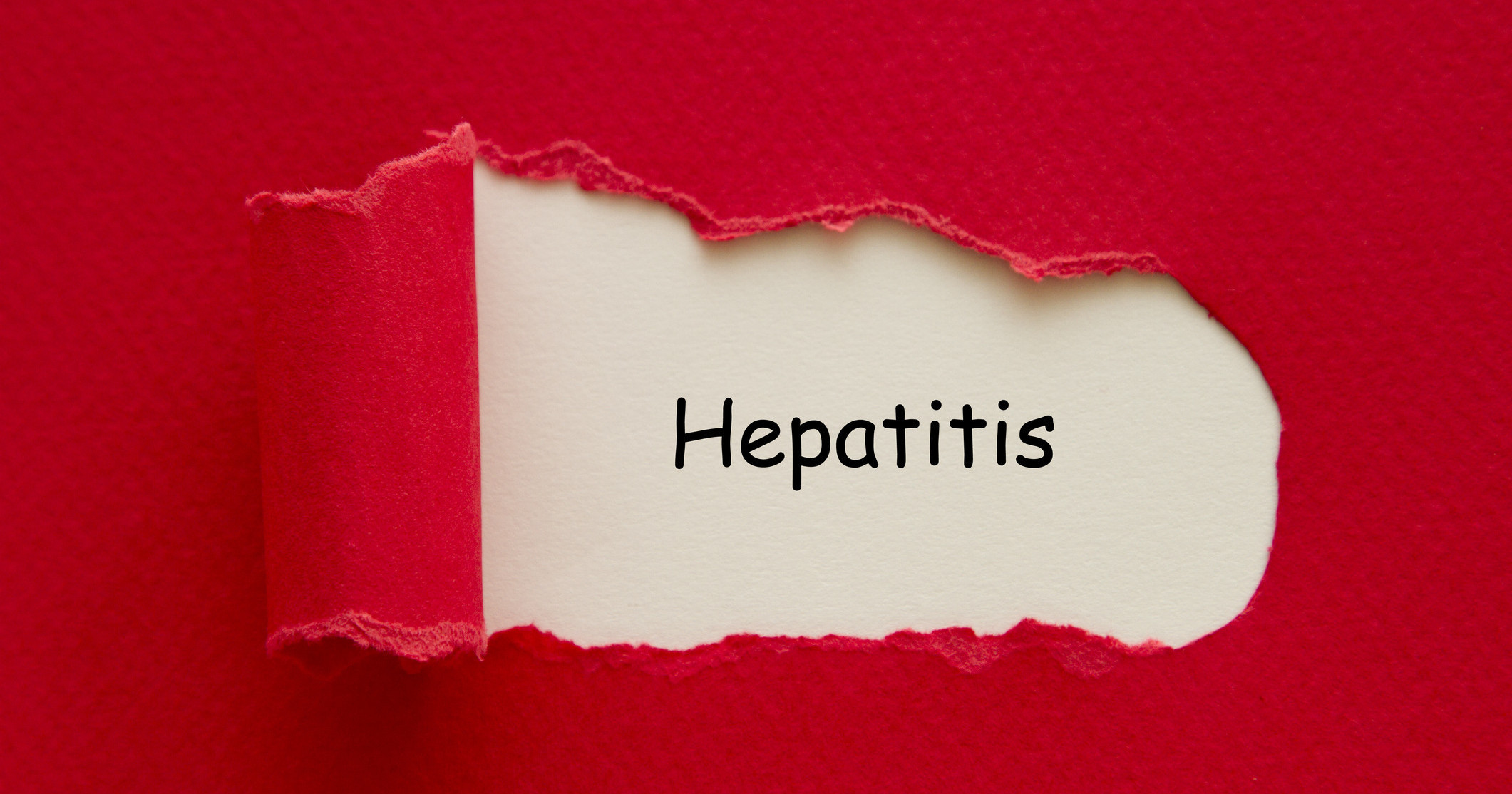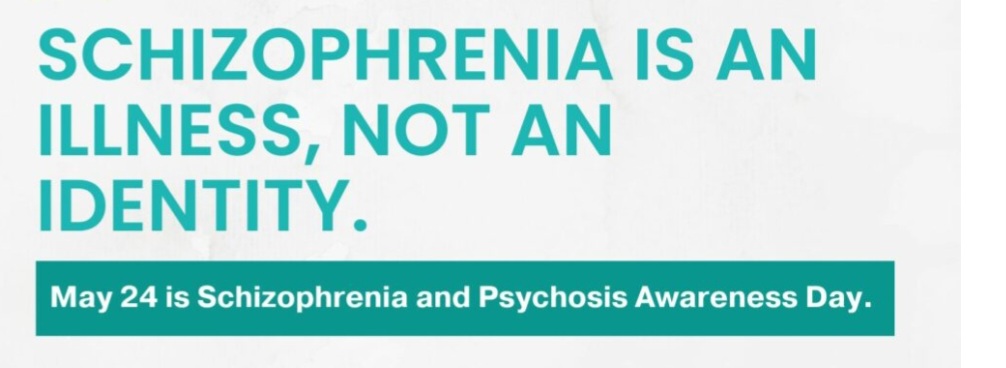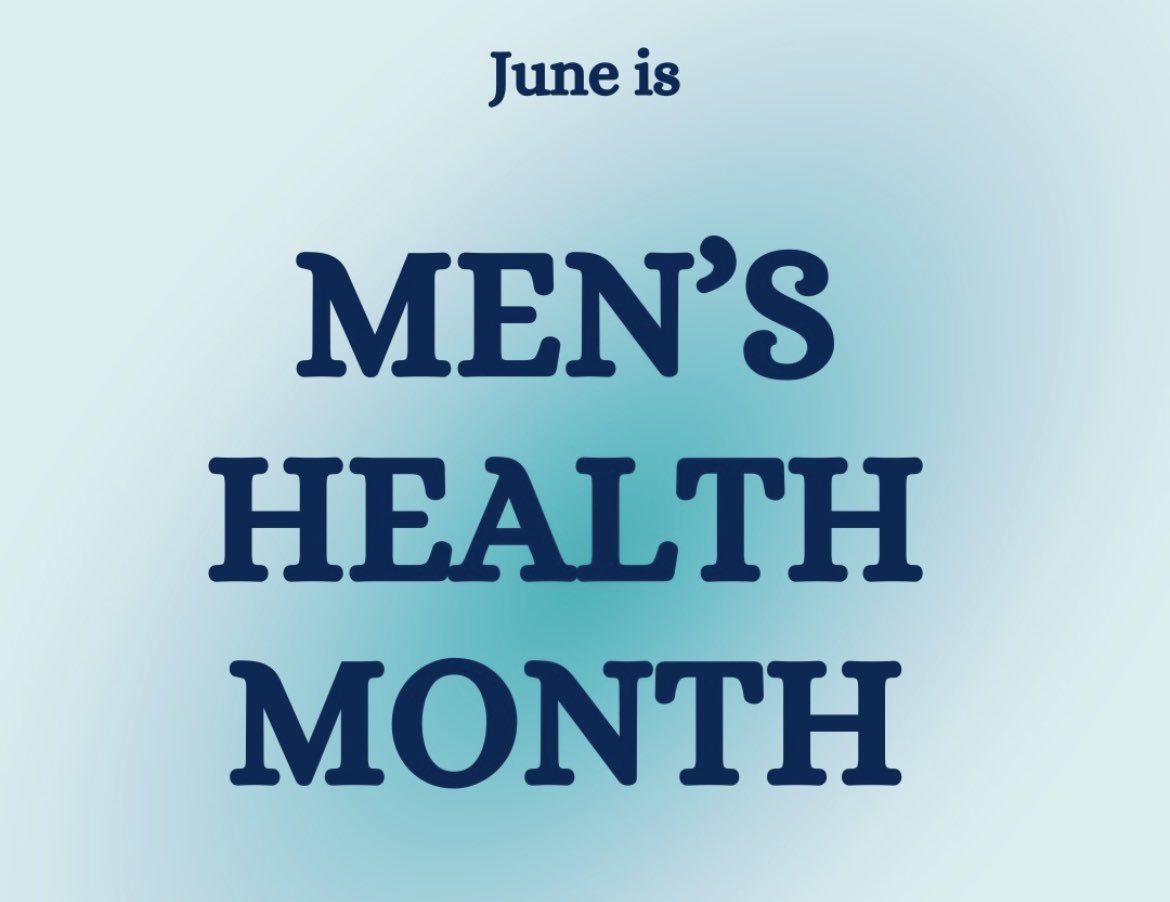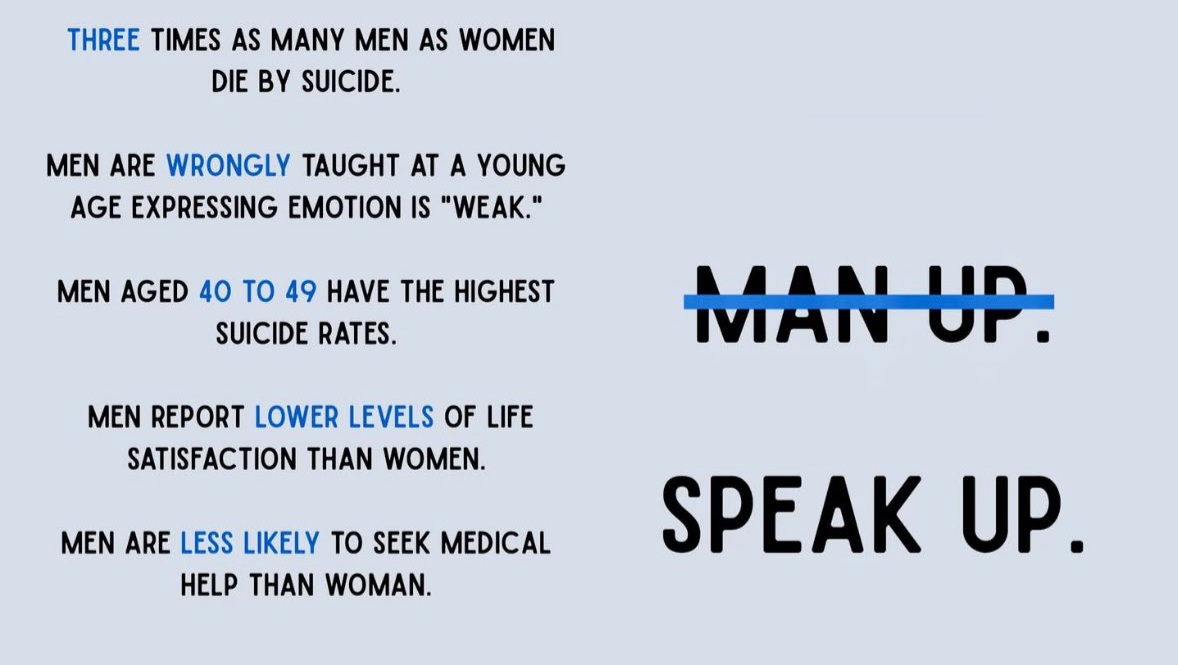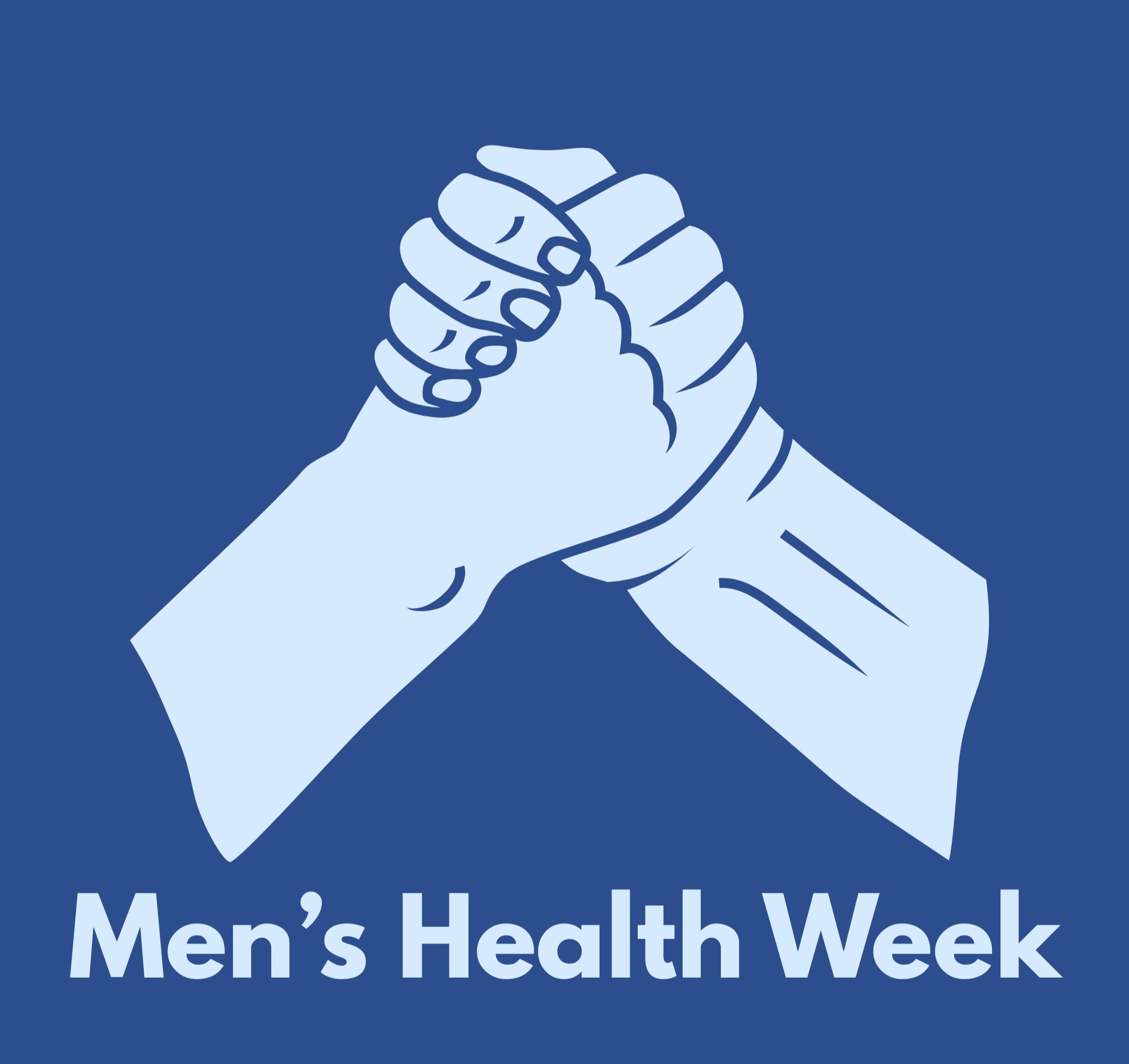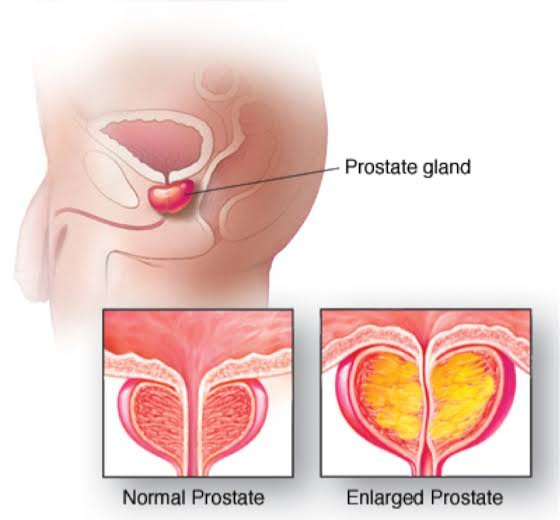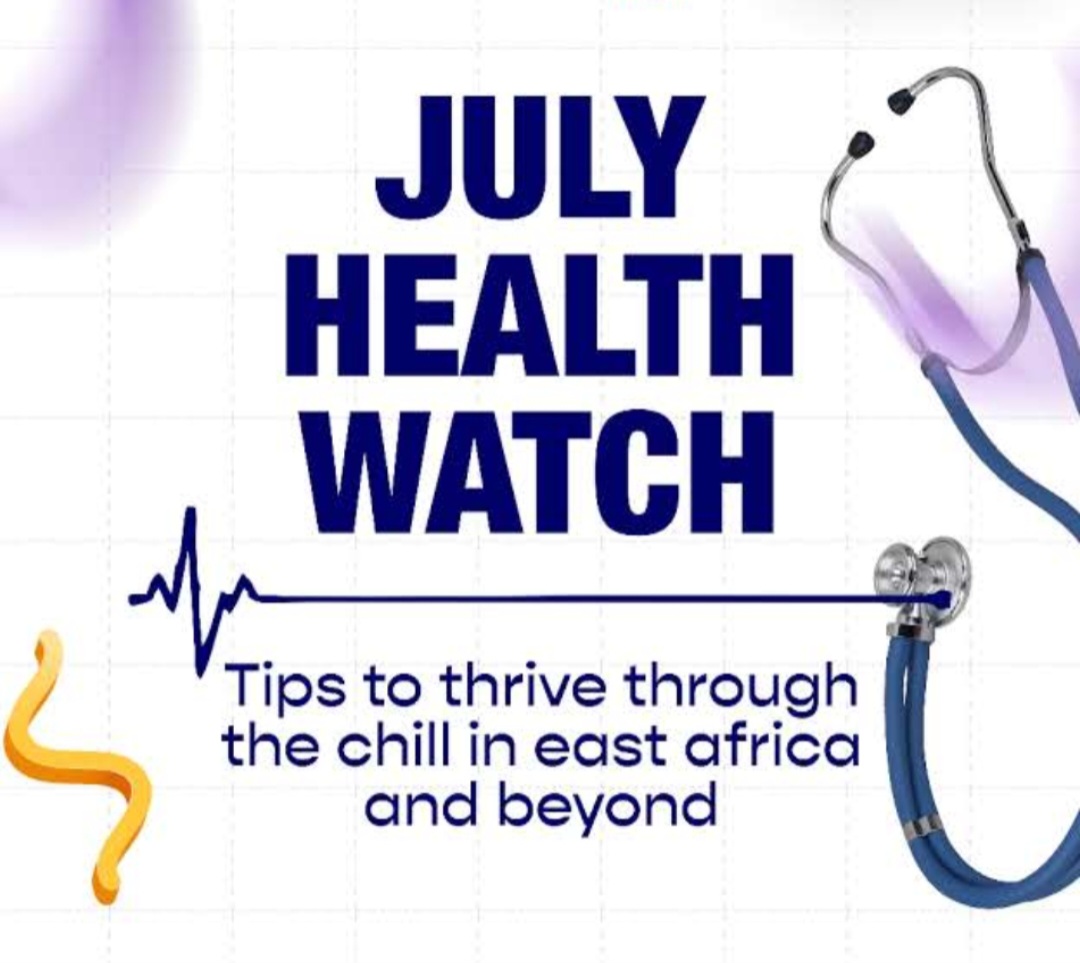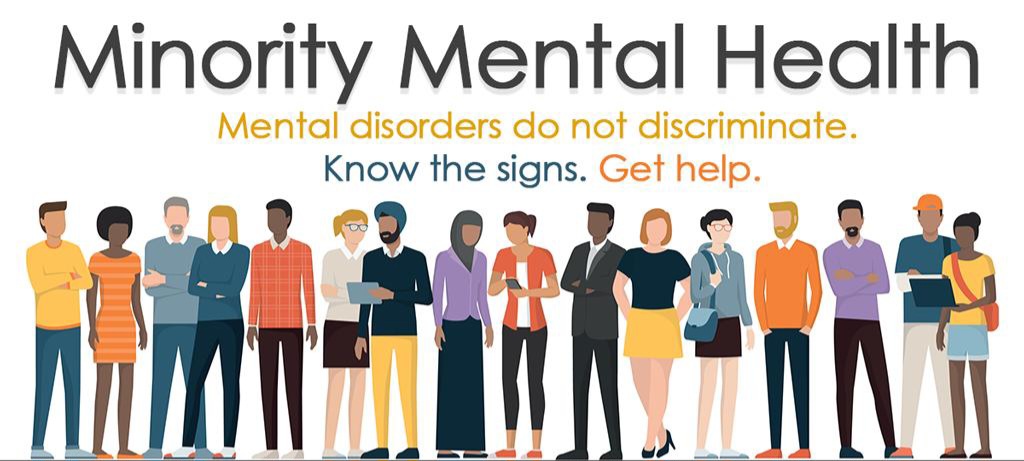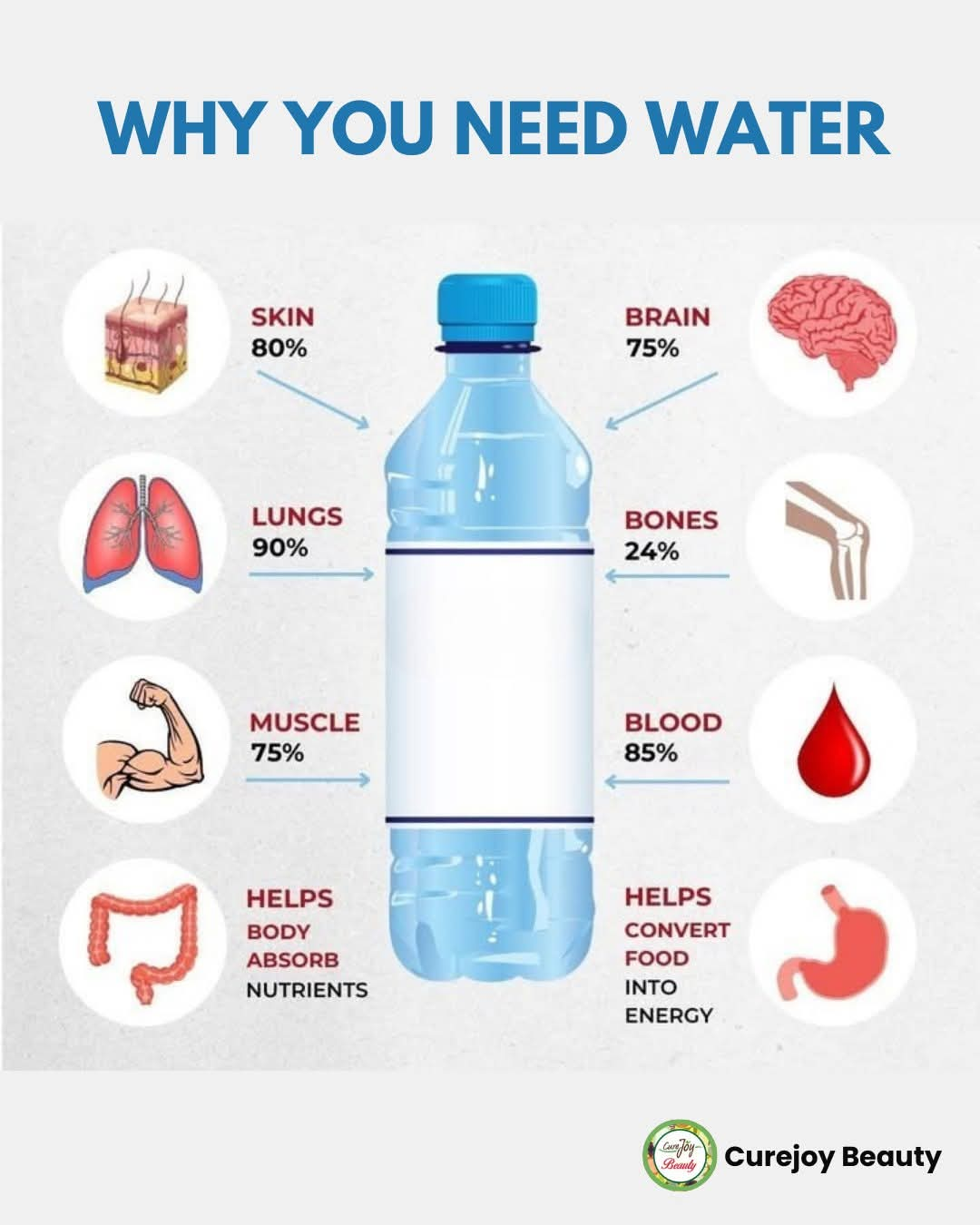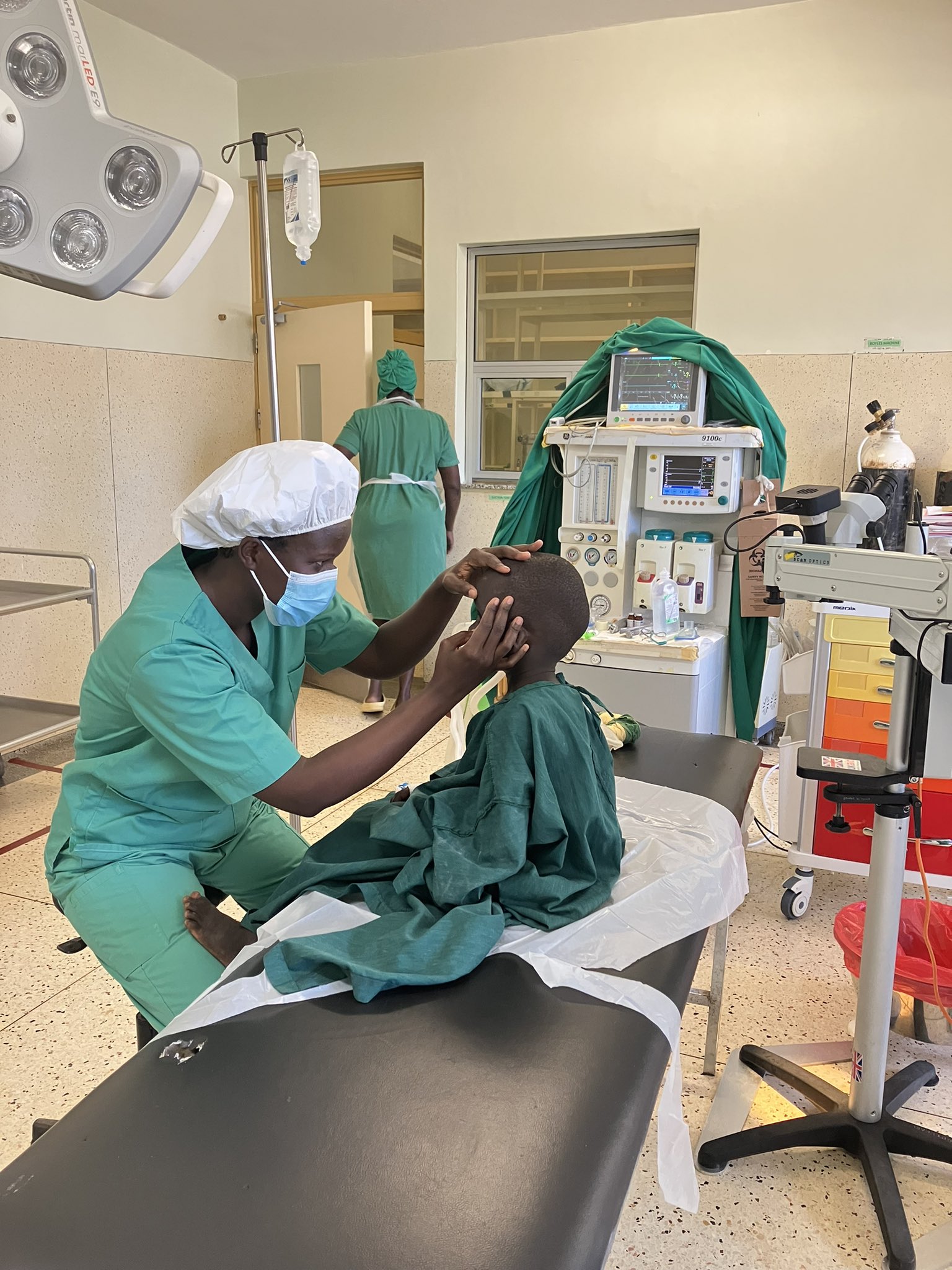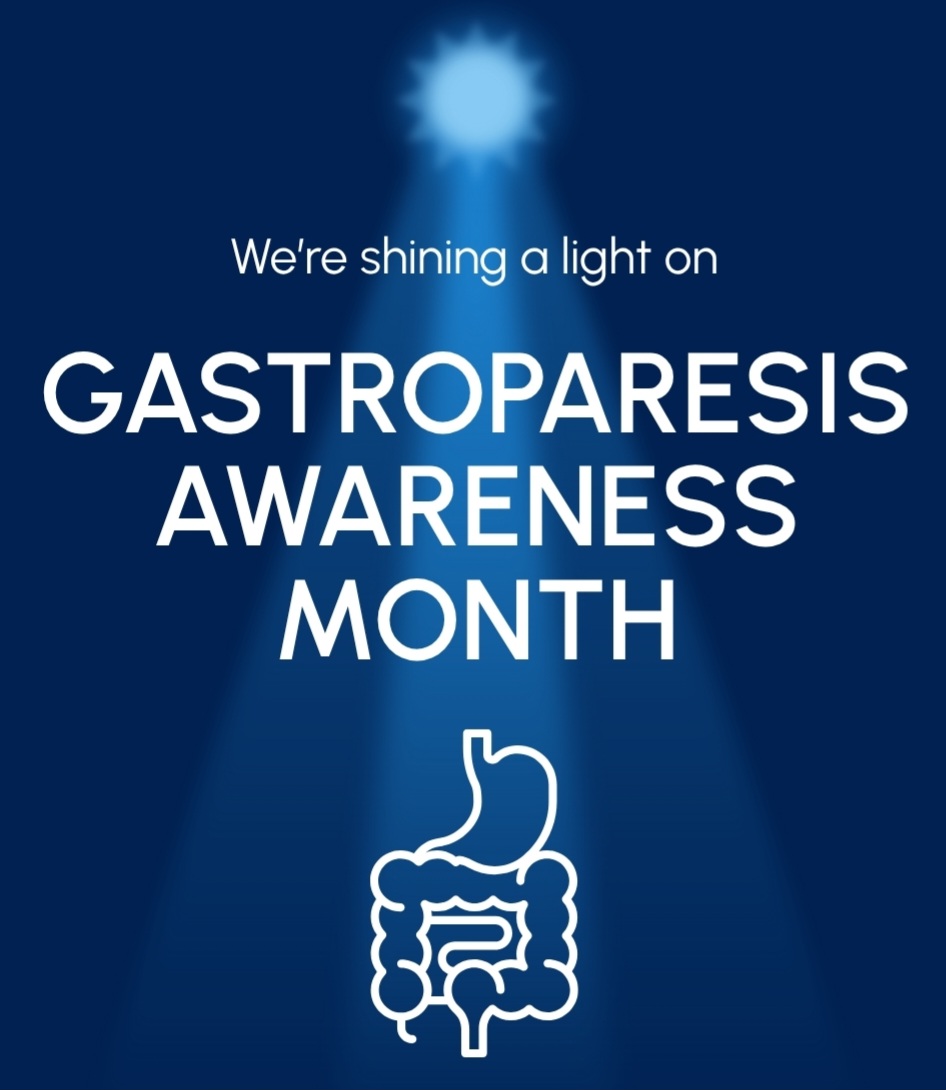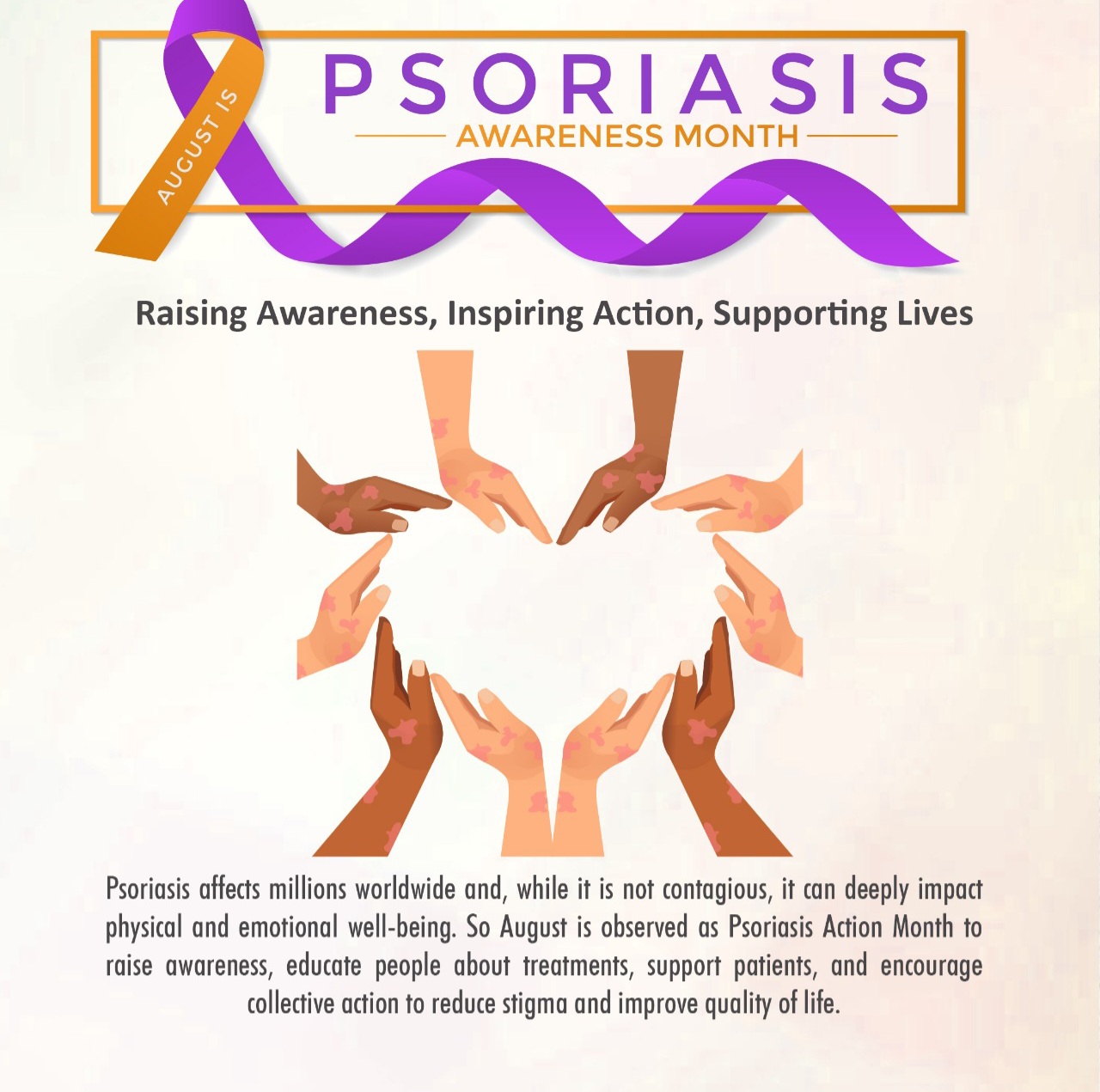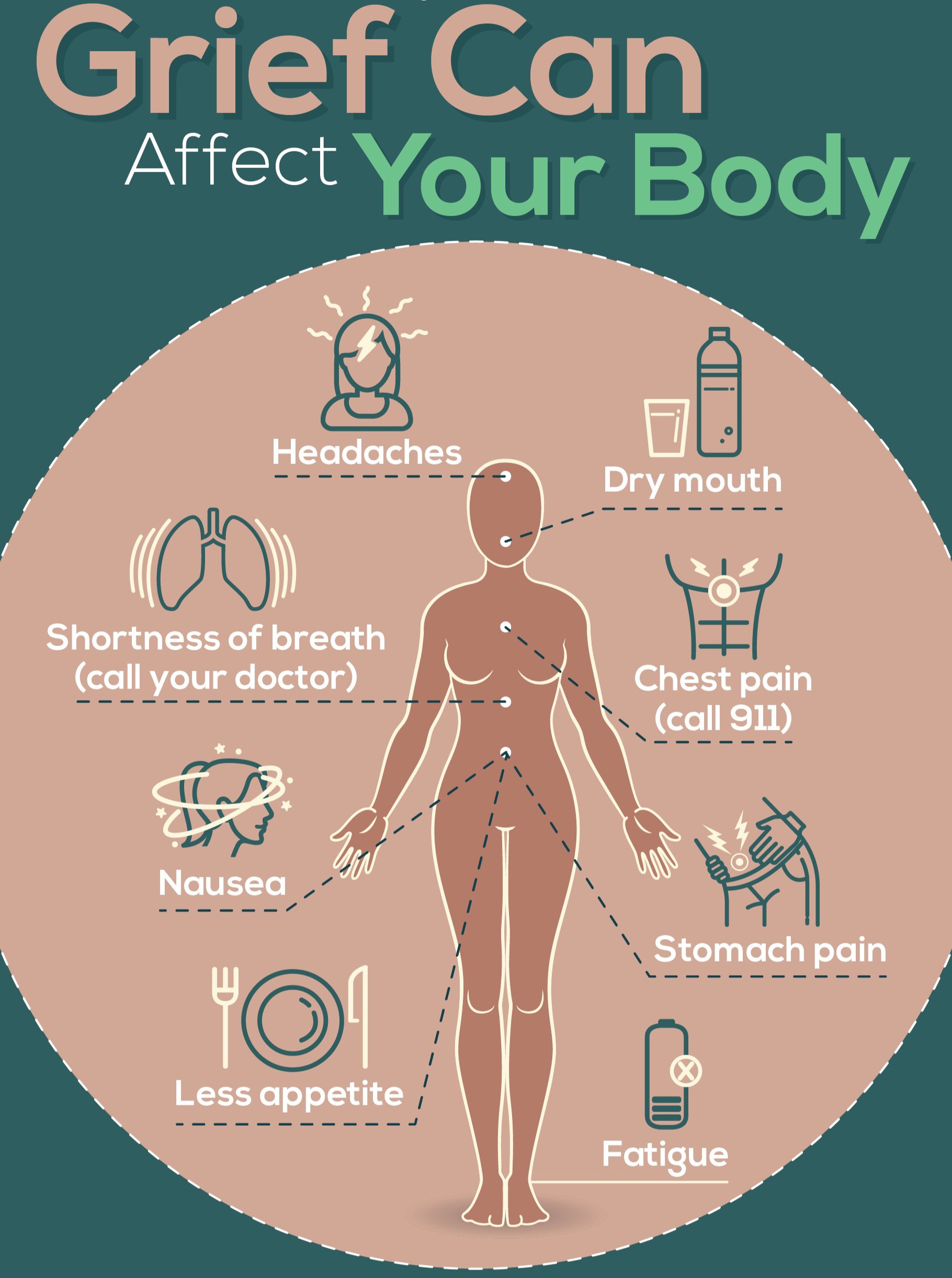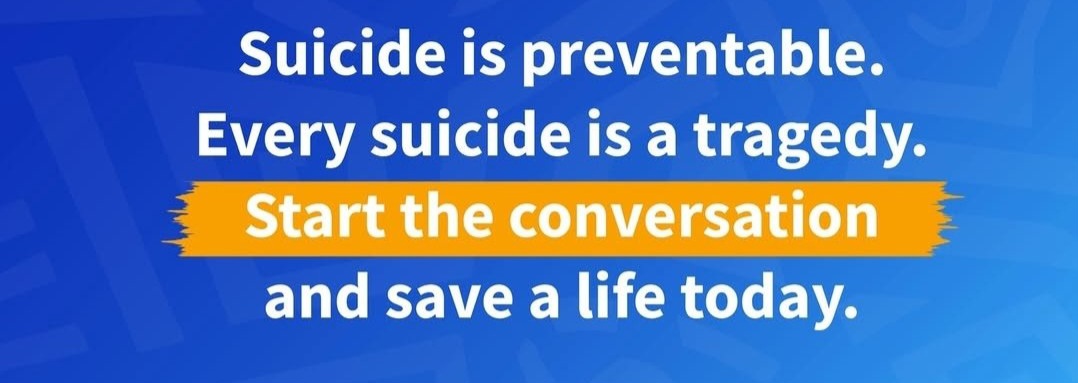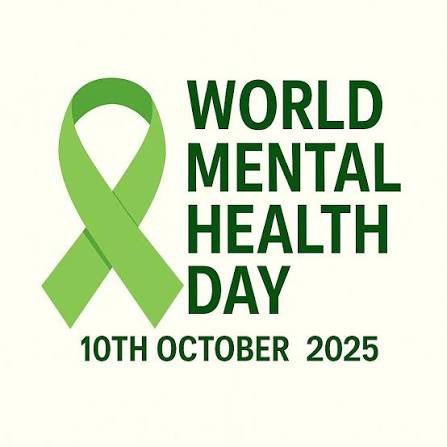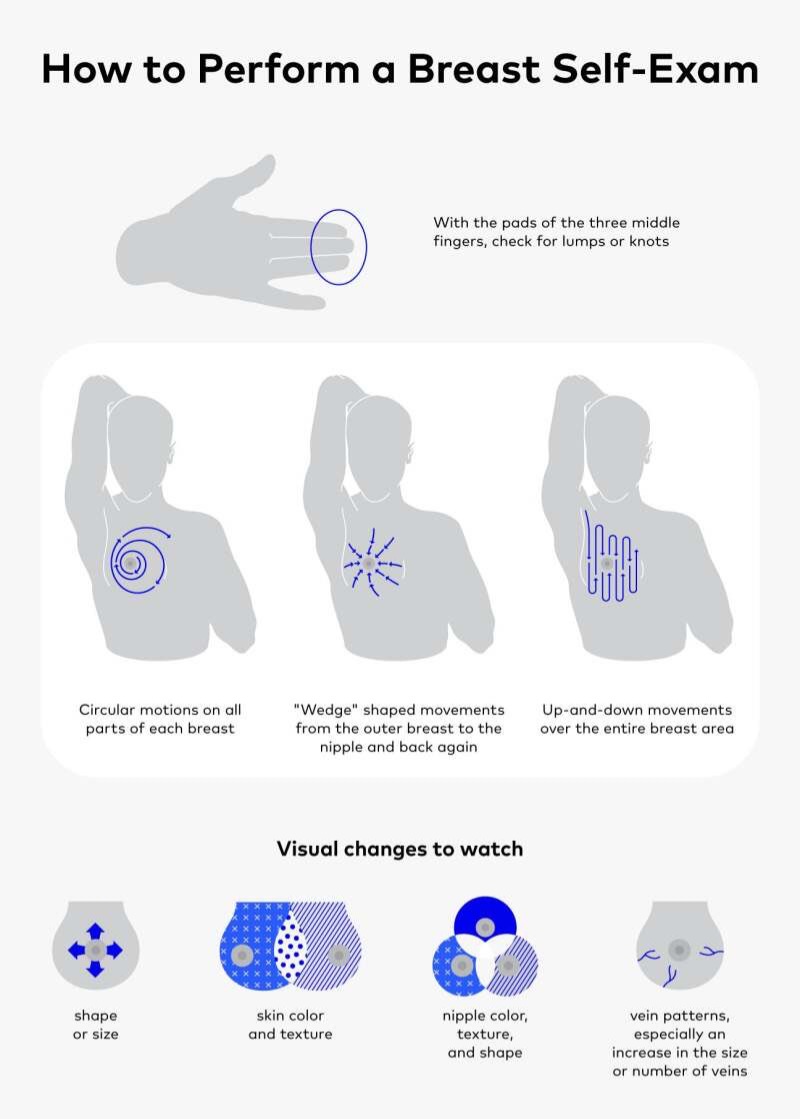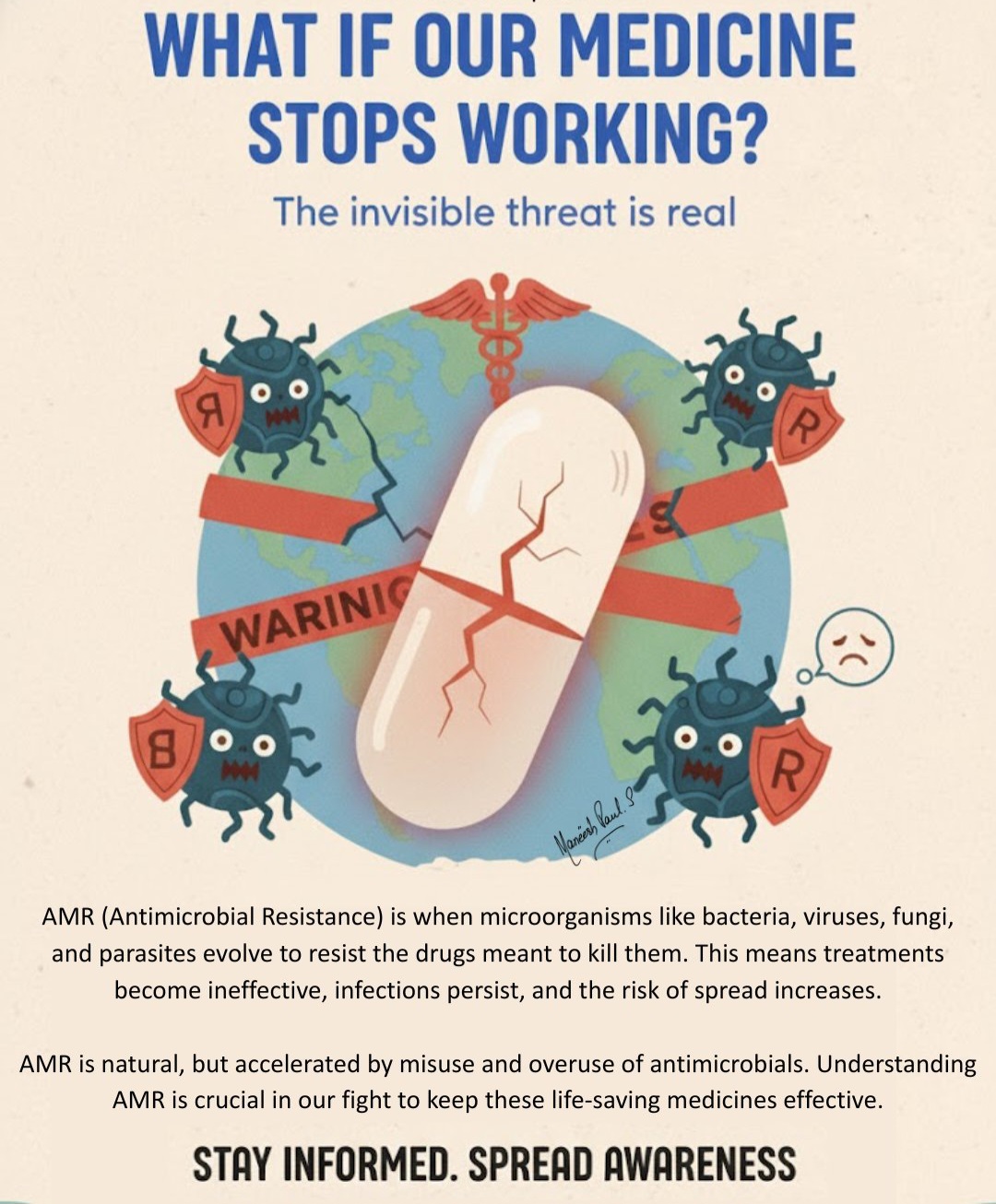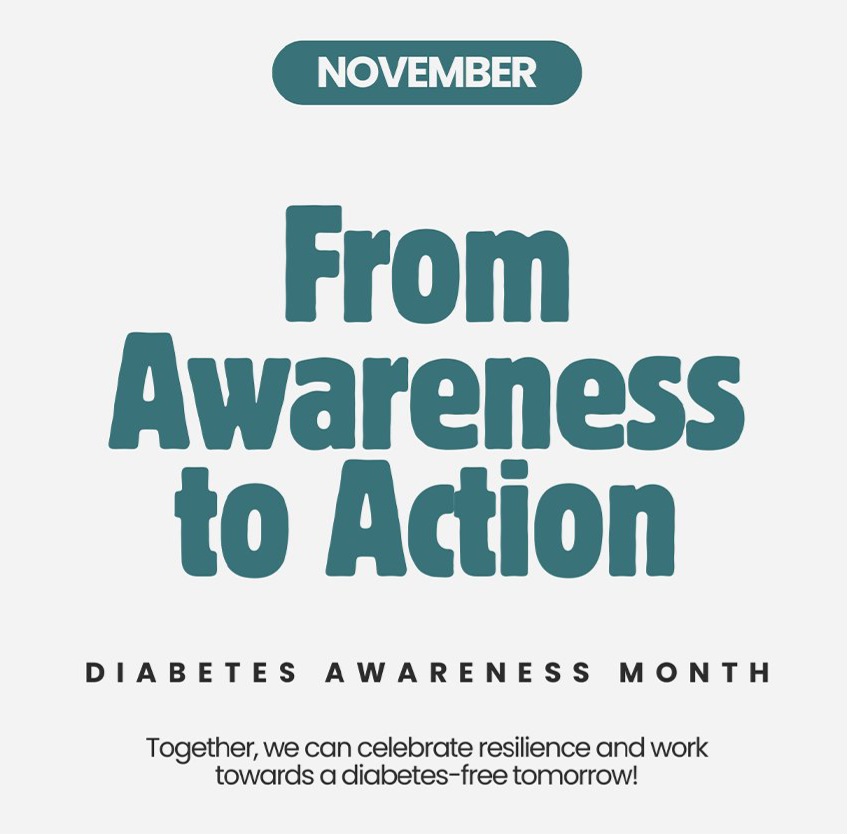A Practical Men’s Mental Health Guide This June
Men face silent battles every day — from financial pressure and family expectations to societal norms that label emotional expression as weakness. These pressures contribute to rising rates of depression, substance abuse, and suicide among men, with many never receiving help.
Globally and in Kenya, men are significantly less likely than women to seek mental health support. Many cope in silence through anger, alcohol, overworking, or risk-taking — leading to what is often called “silent depression.”
Understanding Silent Depression in Men
Silent depression in men is often missed because it doesn’t always show up as sadness or crying. Instead, men may experience:
- Irritability or sudden anger
- Withdrawing from friends and family
- Losing interest in hobbies or work
- Risky behavior or excessive work to “stay distracted”
- Substance use (alcohol, bhang (weed), tobacco)
- Chronic fatigue, unexplained pain, or sleep issues, disengagement from daily chores and routines including hygiene routines.
- Thoughts of hopelessness or suicide, though unspoken
If these symptoms persist for more than two weeks, it may be a sign of clinical depression.
Practical Steps Every Man Can Take Today
1. Acknowledge That You’re Struggling — And That’s Okay
Start by checking in with yourself honestly. Admitting you're not okay is the first and bravest step. Write down what you're feeling.
2. Talk to Someone You Trust
This could be your spouse, a close friend, colleague, or spiritual leader. The simple act of sharing lightens the load.
3. Prioritize Mental Fitness Like Physical Fitness
Mental health requires routine care. Try building these into your day:
- Move your body: 30 minutes of walking, jogging, or stretching
- Eat for your brain: Fish, fruits, leafy greens, nuts
- Cut back on alcohol and stimulants
- Get sunlight: It boosts mood and vitamin D
- Sleep well: Aim for atleast 7hrs.
- Journal or reflect: Write things you’re grateful for daily
- Try breathwork or mindfulness apps i.e Medito or Headspace.
4. Set Boundaries and Reduce Pressure
Men often shoulder everything: providing, fixing, leading. But overextension leads to burnout. Learn to say no. Delegate when possible. Protect time for rest and connection.
5. Know When to Get Professional Help
If you're feeling overwhelmed, hopeless, or like life isn’t worth living, seek help immediately. There’s no shame in asking for help — it’s a sign of strength and self-respect.
Some Trusted Mental Health Support in Kenya include:
●Chiromo Hospital Group (24/7 inpatient/outpatient services)
0722 899 625 / 0739 935 333
●Mental 360 Kenya (Affordable therapy, youth groups)
info@mental360.org
www.mental360.org
●The Counselling Centre Kenya (TCCK)
0721 610 389
www.tcckenya.org
●Africa Mental Health Foundation (AMHF)
+254 20 2631683
www.amhf.or.ke
●Bonga by Safaricom – Free, confidential support via SMS
Dial *126# on your Safaricom line or
www.bonga.co.ke
Mental strength is not about suffering in silence — it’s about knowing when to ask for support and taking steps to heal.
“Asking for help isn’t weakness — it’s the foundation of resilience.
Encourage a brother, father, friend, or colleague to speak up. Share this article. You just might save a life!












































































































